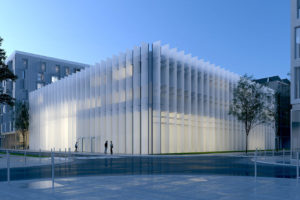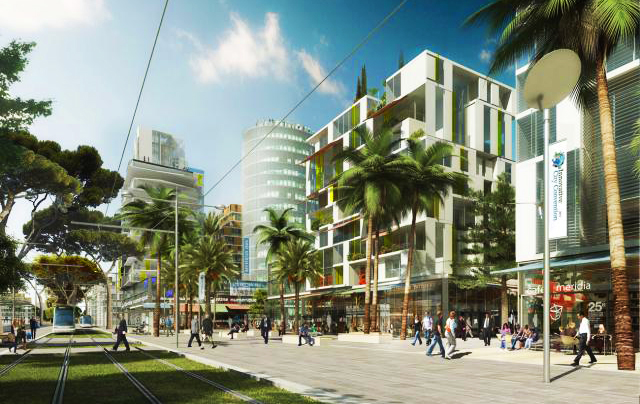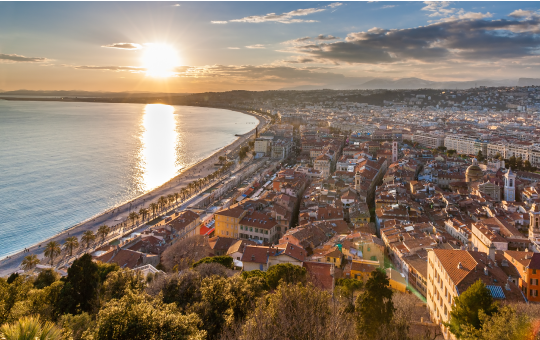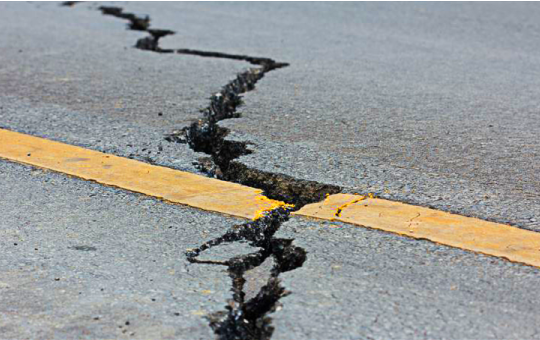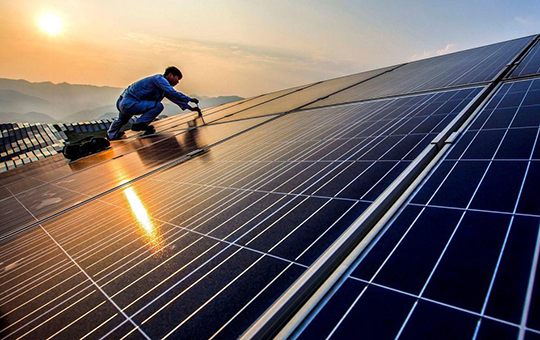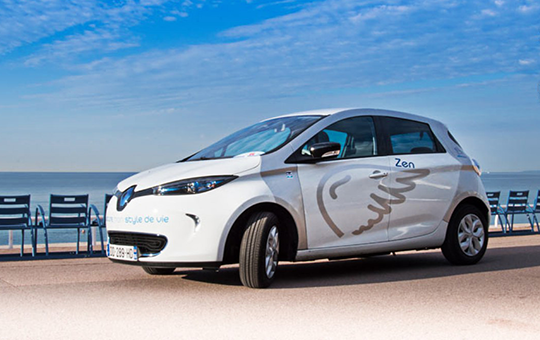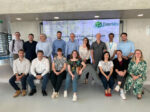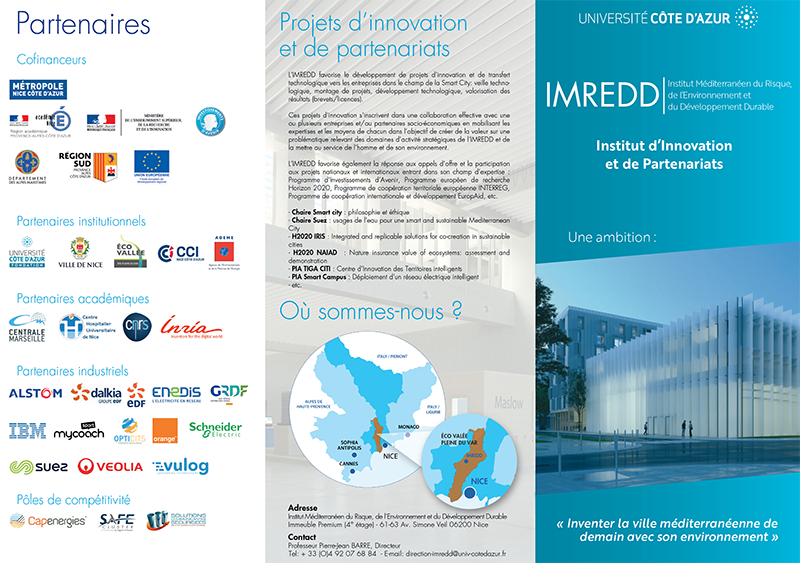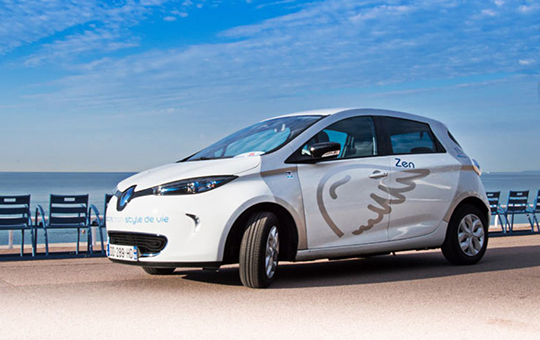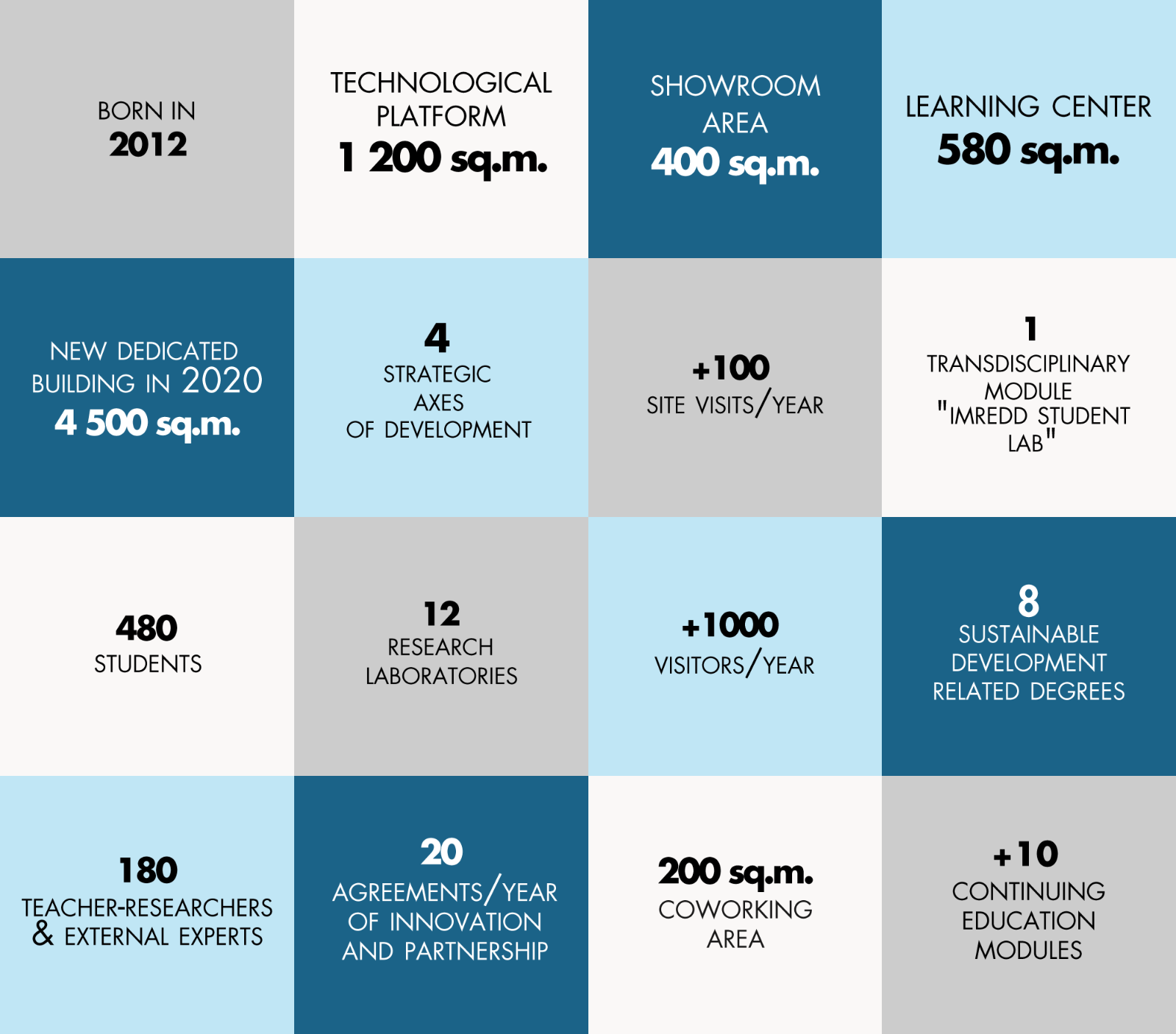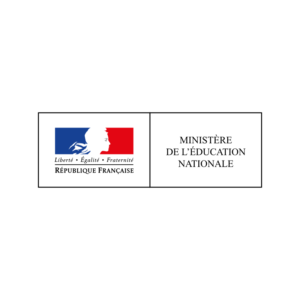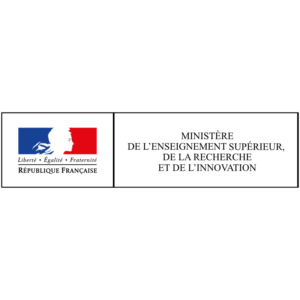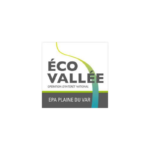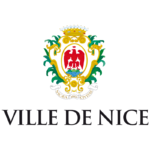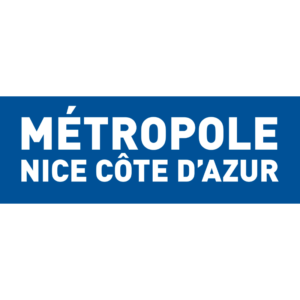IMREDD
Mediterranean Institute of Risk,
Environment and
Sustainable Development
Innovation and Partnerships Institute
“Smart territory, risk management and prevention”
About us
Innovation Explorers: crafting inclusive and efficient solutions for the territories of the future
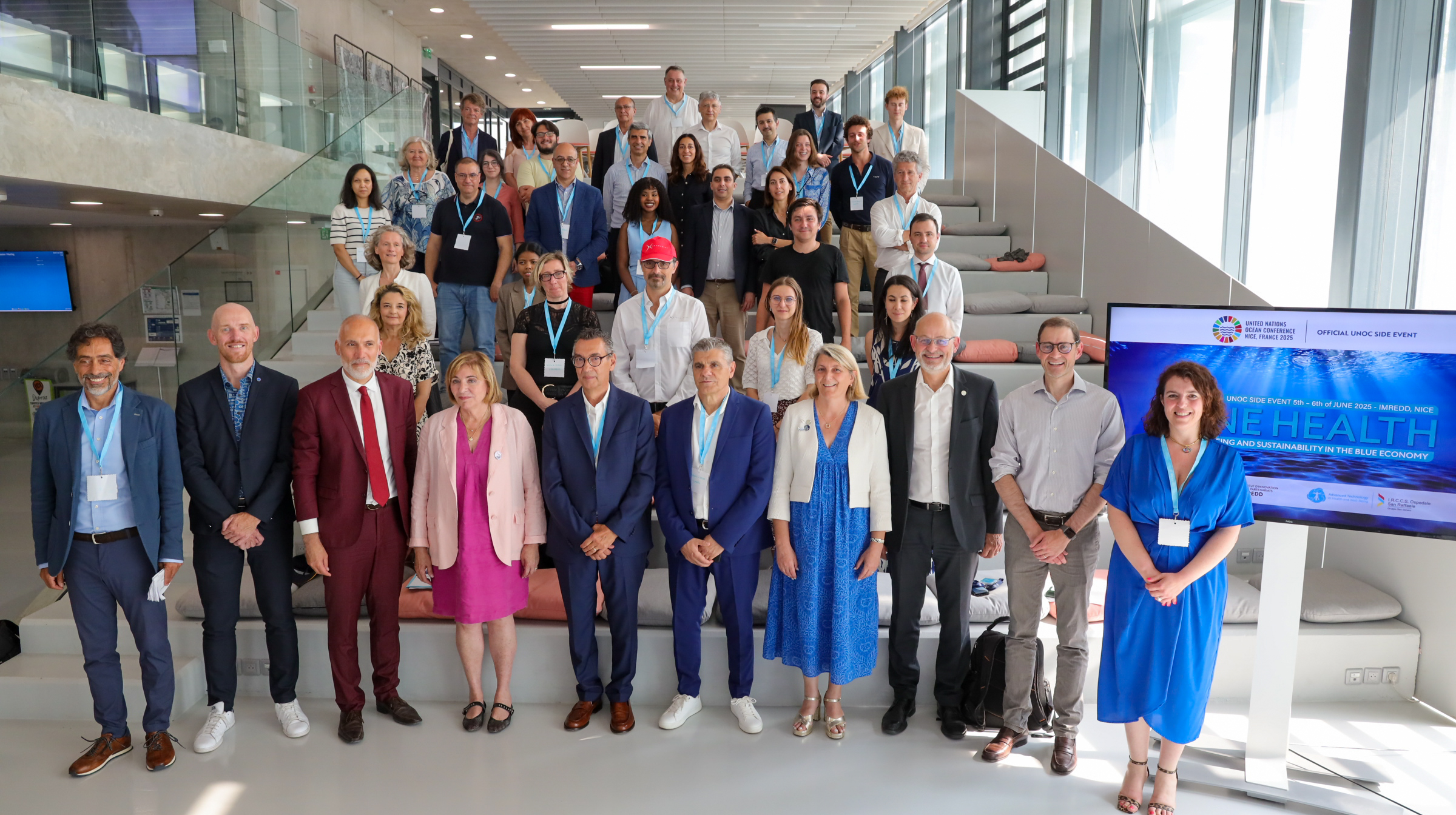
Looking Back on the “ONE HEALTH: Well-Being and Sustainability in the Blue Economy” Event — A Success for Franco-Monegasque-Italian Cooperation Around the Blue Economy
On June 5 and 6, the Mediterranean Institute for Risk, Environment and Sustainable Development (IMREDD) of Université Côte d’Azur hosted a major international event as part of the United Nations Ocean Conference 2025 (UNOC 2025). Titled “ONE HEALTH: Well-Being and Sustainability in the Blue Economy,” this official UNOC side event, co-organized by IMREDD and the […]
IMREDD is an Institute of Innovation and Partnerships (2IP) created in January 2020 which is interested in a societal challenge: the intelligent and resilient territory facing all environmental issues.
Its activities are based on four Strategic Activity Areas (SAAs): energy through the issues of intelligent buildings/neighbourhoods, mobility, risks, the environment and, in a transversal manner, human beings. The philosophical, ethical, safety, well-being, behavioural and usage aspects are at the heart of smart city projects.
IMREDD’s mission, in connection with industry, is to promote partnership research/transfer actions, to create educational and training programmes and to encourage expertise and innovation in companies in the field of economic development and job creation. It expresses its potential in its ability to encourage the emergence and development of projects aimed at understanding existing solutions, new needs and future prospects. In each strategic area of activity, its action consists of the identification of areas of innovation and the integration of expertise from the academic and business worlds.
Founded in 2015 by the former President of the University, Frédérique Vidal, today Minister of Higher Education, Research and Innovation, IMREDD has achieved the objectives of its development plan in just a few years: the implementation of an engineering capacity, either simple or combined, depending on the nature of the projects, with the expertise of the research laboratories in response to a request from companies. Multiple and varied partnership research actions involving private and public partners. Training courses that meet international standards, allowing for targeted and customised continuing education of the highest quality. Finally, an open collaborative technological platform called the “Smart City Innovation Centre” which encourages experimentation, accompanies and supports innovative sectors by opening up the possibility of conducting trials, tests and prototypes.
Located in the Plaine du Var eco-valley, in the heart of the Nice Meridia eco-neighbourhood, IMREDD has integrated its Totem building, a precursor of future designs and technologies, at the start of the 2020 academic year.
“The best way to predict the future is to create it.”
Urban management has become one of the greatest challenges of the 21st century.
By 2050, 70% of the world population will live in urban areas. Cities produce 80% of CO2 emissions and concentrate 3/4 of the energy needs of the planet. The goal of smart cities is to better manage the city and make it more pleasant for its inhabitants, its economic actors and its visitors.
Thus, IMREDD has the ambition of building the mediterranean city of tomorrow.
No Events
Strategic Areas
4 axes of development
Environment
pollution | climate change | air quality | particles | pollen | impact on health | noise | waste | water treatment
Risk
territory | resilience | climate change | natural risks and disasters | floods | landslides | earthquakes | tsunamis
Energy
energy transition | smart district | smart grid | climate change | renewable energies | positive energy building
Mobility
multimodality | dynamic ride-sharing | car sharing | connected vehicles | autonomous vehicles | electromobility
Key figures
IMREDD in numbers
Staff
Direction
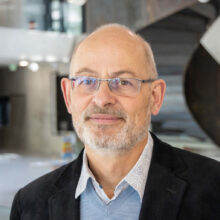
Pr Emmanuel TRIC
IMREDD Director
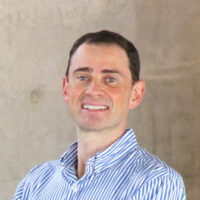
Paulo MOURA
Deputy Director – Innovation

Laurence NELIS-BLANC
IMREDD and Reference Centers
Administrative Director
Innovation and transfer projects engineer
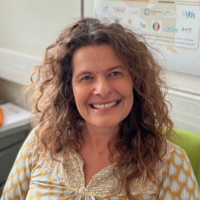
Damienne PROVITOLO
Deputy Director – Science
Expertise & Innovation
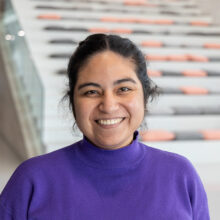
Sandra ASALDE DEL RIO
Energy Systems Engineer
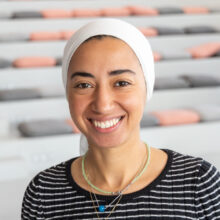
Aya ALY
Engineer – Spatial Analysis and A.I. applied to urbanism
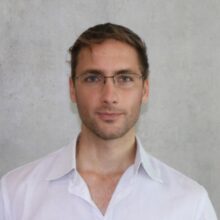
Benoit COURAUD
Smart Home – Energy engineer
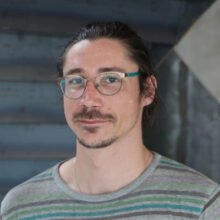
Paul DAELMAN
Embedded Systems Engineer
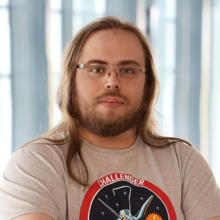
Franck DECHAVANNE
Software engineer
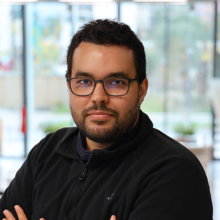
Data Scientist – Business intelligence
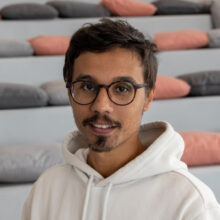
Mehdi NAFKHA
Data Scientist – Business intelligence
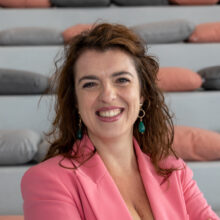
Roberta PENNUCCI, PhD
Partnership and scientific animation officer
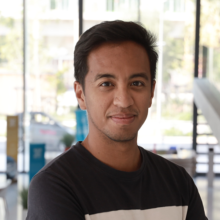
Patrick RANARIMAHEFA
Geomatician
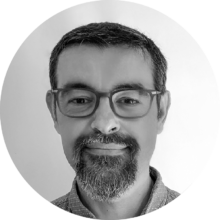
Yann ROZIER
Climate Change and Ecological Transition Project Manager
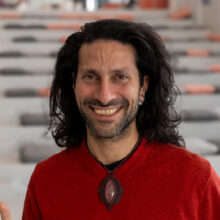
Eliesh SAHYOUN
Urbanism and Future Habitat Engineer
Engineering & Maker
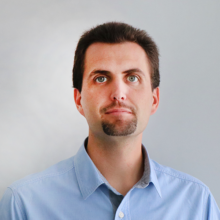
Dr Arnaud ZENERINO
Development engineer,
Smart City Innovation Center
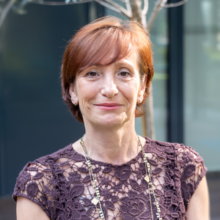
Liliane DA SILVA
Administrative and Financial
management Assistant
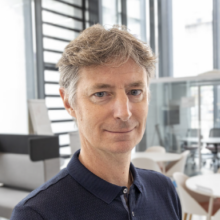
Ludovic DESVARENNES
Technical Sales Engineer
Additive Manufacturing and Materials
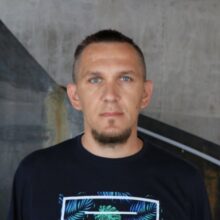
Robert KULCZYCKI
Operations technician,
Smart City Innovation Center
Education
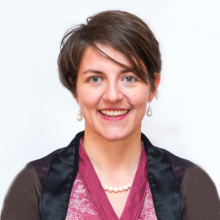
Arianna CALZA
Continuing education Officer

Sarah SEBIR
International Admissionsand Student Affairs Manager
MSc Engineers for Smart Cities
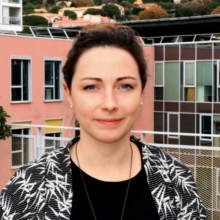
Camille JEANNE
In charge of communication and administration
of GEDD Master programme
Communication and Diffusion
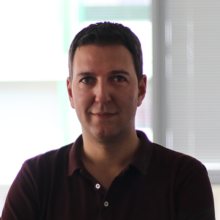
Dimitri MЕTОDIЕV
Multimedia developer
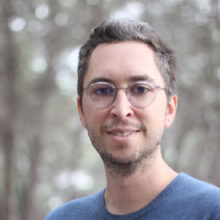
Antonio BARROS
Internal Communications and Environment Officer
Assistance
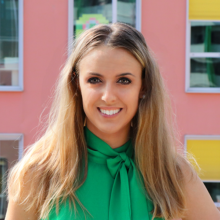
Claire COURTOISIER
Adjointe administrative
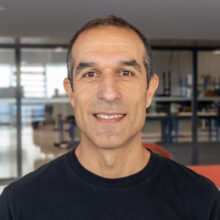
Alexandre PERRI
Technical Resources Referent
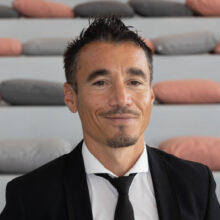
Vincent FIORENTINO
Logistics and Reception
About us
Innovation Explorers: crafting inclusive and efficient solutions for the territories of the future
IMREDD is an Institute of Innovation and Partnerships (2IP) created in January 2020 which is interested in a societal challenge: the intelligent and resilient territory facing all environmental issues.
Its activities are based on four Strategic Activity Areas (SAAs): energy through the issues of intelligent buildings/neighbourhoods, mobility, risks, the environment and, in a transversal manner, human beings. The philosophical, ethical, safety, well-being, behavioural and usage aspects are at the heart of smart city projects.
IMREDD’s mission, in connection with industry, is to promote partnership research/transfer actions, to create educational and training programmes and to encourage expertise and innovation in companies in the field of economic development and job creation. It expresses its potential in its ability to encourage the emergence and development of projects aimed at understanding existing solutions, new needs and future prospects. In each strategic area of activity, its action consists of the identification of areas of innovation and the integration of expertise from the academic and business worlds.
Founded in 2015 by the former President of the University, Frédérique Vidal, today Minister of Higher Education, Research and Innovation, IMREDD has achieved the objectives of its development plan in just a few years: the implementation of an engineering capacity, either simple or combined, depending on the nature of the projects, with the expertise of the research laboratories in response to a request from companies. Multiple and varied partnership research actions involving private and public partners. Training courses that meet international standards, allowing for targeted and customised continuing education of the highest quality. Finally, an open collaborative technological platform called the “Smart City Innovation Centre” which encourages experimentation, accompanies and supports innovative sectors by opening up the possibility of conducting trials, tests and prototypes.
Located in the Plaine du Var eco-valley, in the heart of the Nice Meridia eco-neighbourhood, IMREDD has integrated its Totem building, a precursor of future designs and technologies, at the start of the 2020 academic year.
“The best way to predict the future is to create it.”
Urban management has become one of the greatest challenges of the 21st century.
By 2050, 70% of the world population will live in urban areas. Cities produce 80% of CO2 emissions and concentrate 3/4 of the energy needs of the planet. The goal of smart cities is to better manage the city and make it more pleasant for its inhabitants, its economic actors and its visitors.
Thus, IMREDD has the ambition of building the mediterranean city of tomorrow.

